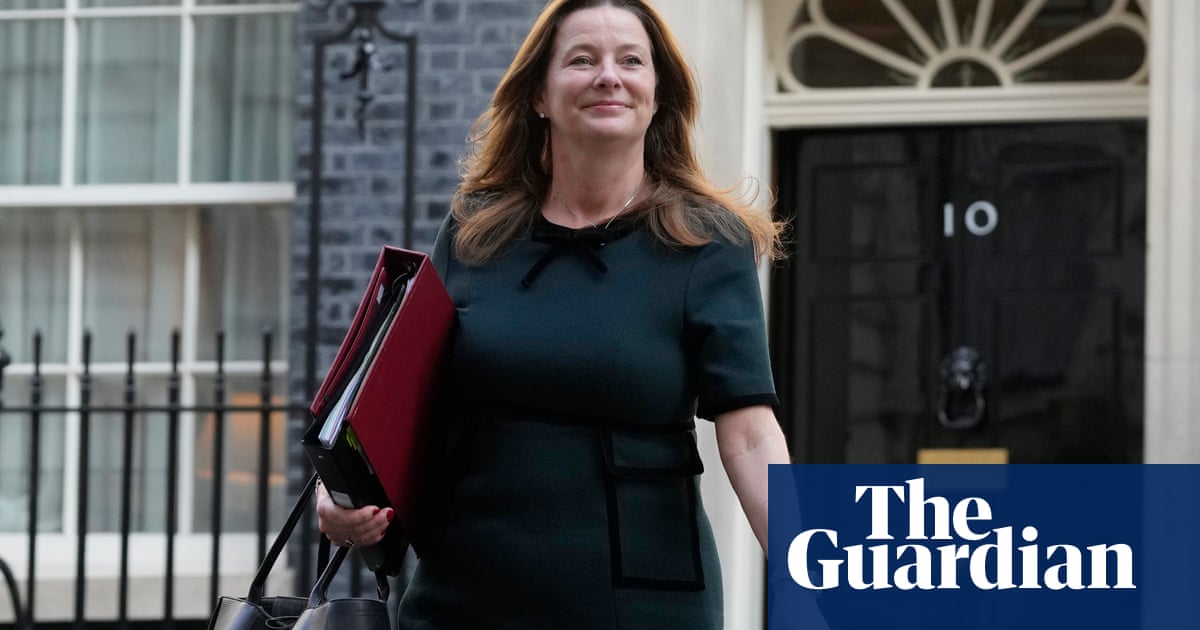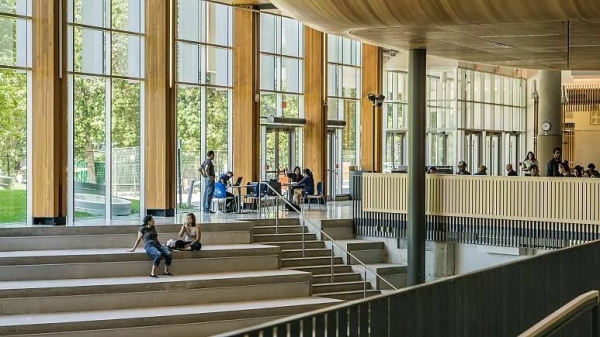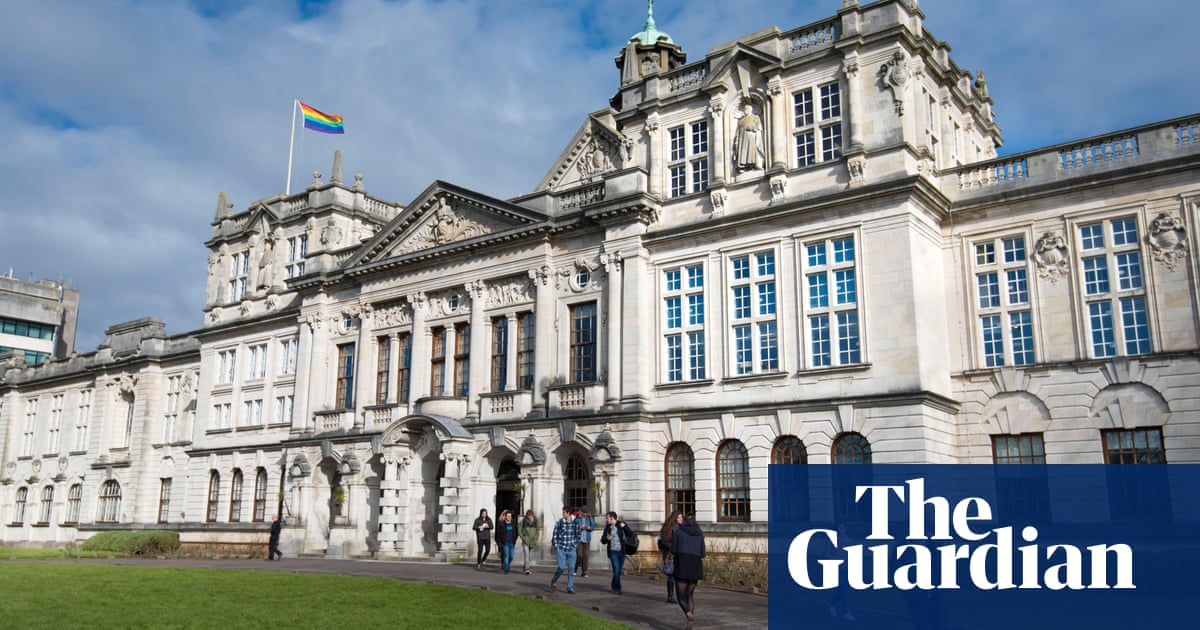
Ministers will cut funding for performing and creative arts courses at English universities next year, which sector leaders say will further damage the country’s cultural industries.
The cuts, outlined by the education secretary, Gillian Keegan, in guidance to the universities regulator, will also reduce funding for Uni-Connect, which runs programmes aimed at widening access to higher education for those from disadvantaged backgrounds, to £20m, a third of its 2020-21 budget.
Universities across England are already announcing redundancies and restructuring plans as inflation erodes their income from UK undergraduates, with performing arts and design courses among those most at risk.
Keegan told the Office for Students (OfS) to freeze grants intended to meet the extra costs of offering music, drama, fashion and other arts courses for undergraduates, and for it to cut grants for postgraduate teaching in those subjects.
Gordon McKenzie, the chief executive of the GuildHE group of universities and colleges, said: “These cuts show once again ministers’ disdain for creative education. The creative industries deliver over £115bn in value to the UK and create jobs at three times the UK average.
“But decisions like this show the Department for Education doesn’t get the message and repeatedly makes policy and funding decisions that damage the creative talent pipeline on which those industries depend.”
A spokesperson for Universities UK said: “There are real concerns about the ability of many institutions to cope with spiralling costs, along with frozen fees, which have depreciated by more than a third in real terms since their introduction, which all impacts on the student experience.
We urgently need investment in teaching funding, and the announcement that OfS grant funding has also been cut in real terms is very disappointing.”
The grants are intended to fill the gap between the tuition fees paid by UK students and the additional costs of more expensive or specialist courses involving workshops, studios or lab classes.
Keegan’s decision means the top-up funding for creative and performing arts courses will be frozen at £16.7m in 2024-25, the same as this year, resulting in a real-terms cut due to inflation. In 2020-21 the grant was worth £36m, before it was cut nearly in half by Gavin Williamson as education secretary.
However, funding for what Keegan called “our world-leading small and specialist providers”, such as the royal colleges of music, would be protected through an additional grant.
The OfS was also directed to increase the grant for high-cost courses such as medicine, engineering and nursing by £18m next year – a rise of just 2% at a time when inflation is nearly twice as high.
Graeme Atherton, the director of Neon, representing professionals working to widen access to higher education, said Keegan’s £10m cut from Uni-Connect would shatter the organisation’s plans.
“This cut will be a devastating blow to efforts to ‘level up’ the lowest-income communities through higher education. We estimate that 40,000 young people will now miss out on higher education advice and support over the next year,” he said.
Programmes such as the Higher Horizons partnership that helps learners in Stoke-on-Trent will have to cut half its staff and stop residential visits to universities for students from low-income backgrounds, which Atherton said “have a transformative impact on the aspirations of young people”.












